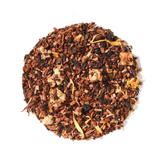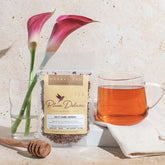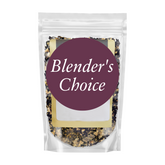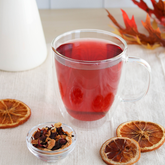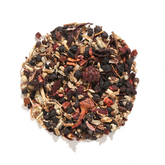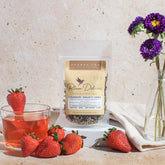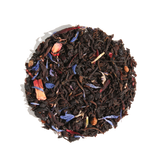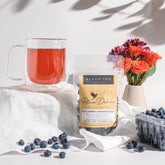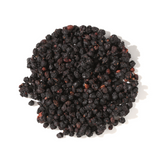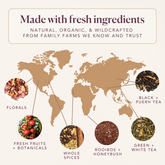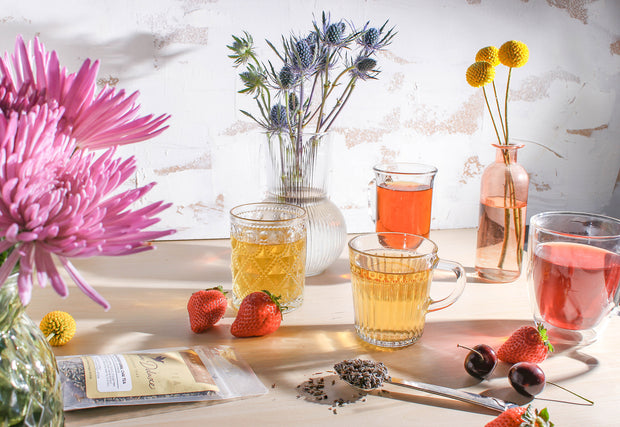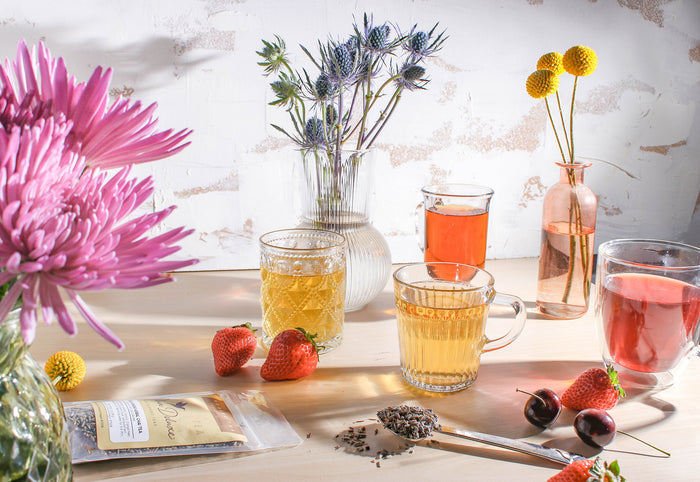
Stay Cozy, My Friends
When we invite someone to tea -- or are invited ourselves -- the atmosphere we most want our guests to feel is one of warmth, coziness, and good cheer. We want our gatherings to facilitate feelings of friendliness, of acceptance and belonging.
In English, it’s somewhat difficult to sum up all of those things in one word (you’ll notice we just used around seven words to describe it), but other cultures have no such problem. There are words for this concept in multiple languages, including gezelligheid (Dutch), gemütlichkeit (German), gemytlig (Swedish), hyggelig (Danish), comhluadar (Irish), and arhat and huzur (Turkish).

Tea, In Any Other Language
The history of our current English word for tea is somewhat fascinating, especially considering that the most historic word for the beverage throughout most of the world has been some version of “cha.” In a nutshell, the modern word “tea” comes from the southern Fujian province of China, which was once the main port where Europeans traded for tea; the local word for the beverage was “te,” which morphed into the modern English “tea.”
Other languages, though, have developed their own words and pronunciations, some derived from “te” and some from “cha” -- and some from neither (hey, Poland!). Here are a few of them for your consideration.
Russia, Romania: chay
Iceland, Denmark, Sweden, Norway: te
Philipines: tsaa
Poland: herbata
India, Portugal, Japan, Korea, China: cha (Japan often uses the honorific “o” in front, as in “o-cha”)
Persia: chaai
Greek: tsai
South Africa, Finland: tee
Italy: té
France: le thé
Netherlands: thee
Spain: el te

Tea Times and Other Parties
Just like our feeling of gezelligheid, there are words to describe different kinds of gatherings and various parts of tea time. Perhaps you’d like to host a pléaráca during elevenses, and enjoy a salon during sobremesa?
Sobremesa is a Spanish term for the time after a meal when you converse with the people you’ve just eaten with. It’s one of the reasons meals in Spain take so long, and it’s also one of the reasons they’re so enjoyable. No one really wants good food and good company to end!
A Salon used to indicate a social gathering presided over by a charismatic and inspiring host. It was doubtful you’d get your hair or nails done at this gathering as the main point was to amuse each other and increase knowledge through participation in the conversation.
Elevenses might be a familiar term to Tolkien-loving readers, but for the uninitiated, it refers to a late-morning (around 11:00 am, appropriately) tea break with scones or cookies. Although the word “elevenses” itself comes from Britain, the concept can be found all over the world; my father’s Pennsylvania German relatives observed a similar ritual, turning it into a daily family event.
Pléaráca (pronounced PLAY-raw-ka) is an Irish Gaelic word for revelry and merrymaking -- in other words, a party you don’t want to miss. And why would anyone want to miss a tea party with you?

It’s Still a Tea Cup
Just like our words for the beverage itself, the global family has different -- yet sometimes oddly similar -- words for the tea cup. No matter what you call it, it’s still a vessel for one of the most delightful beverages on earth.
Netherlands: theekopje
Germany: teetasse
Italy: tazza da té
Poland: filizanka
Denmark: tekop
Spain: taza de té
France: tasse de thé
Sweden, Norway: tekopp
Portugal: chavena de cha
Vietnam: chén uong tra
Japan: yunomi, chawan
China: chawan
All photos courtesy of the author.
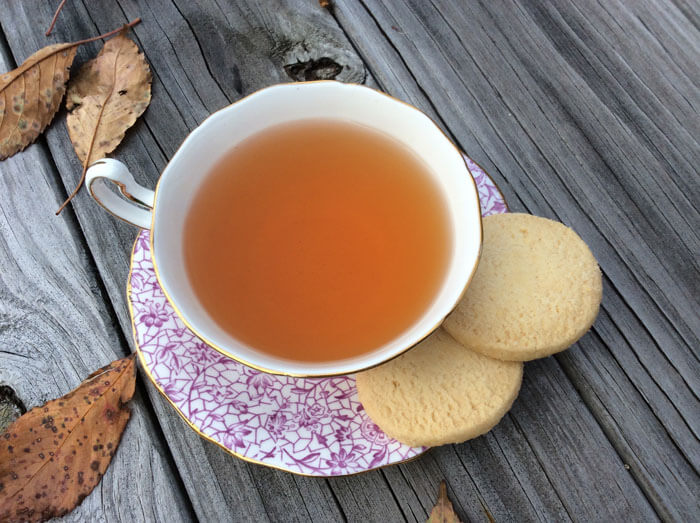
![Spring Break Tea Variety Pack [6-Pack Variety of Flavors]](http://www.plumdeluxe.com/cdn/shop/files/spring-break-pack.jpg?v=1740682266&width=165)

